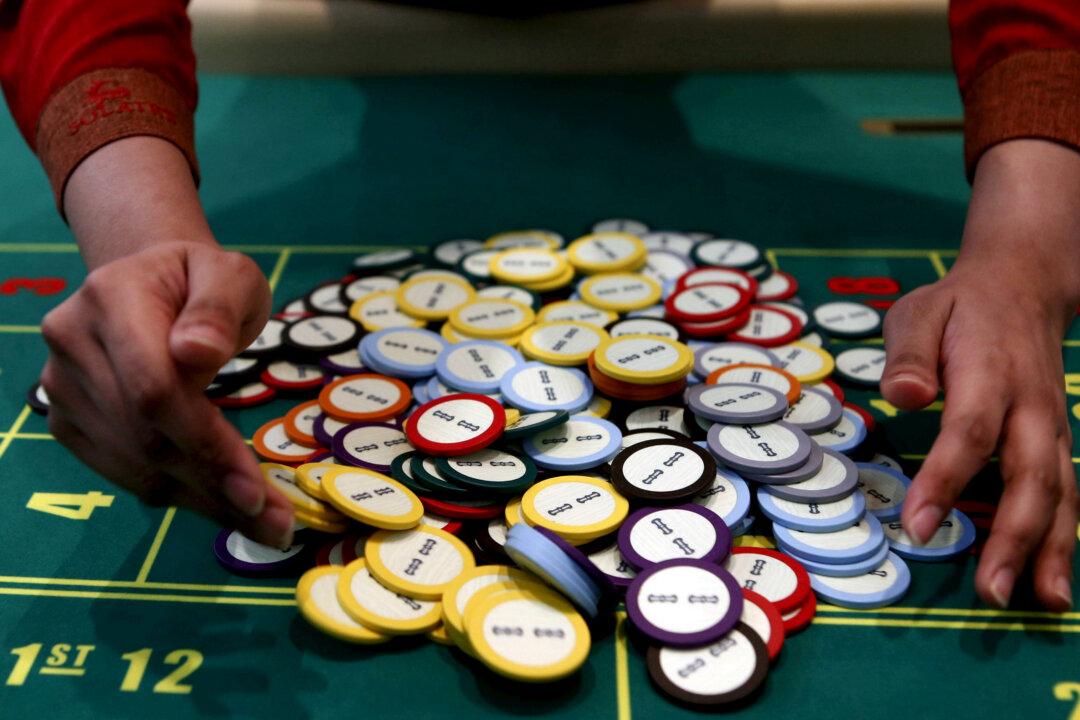Filipino President Ferdinand Marcos announced in the State of the Nation address the immediate ban of mostly Chinese-run online gambling operations and accused them of engaging in crimes and other illegal activities.
“The grave abuse and disrespect to our system of laws must stop,” Mr. Marcos told the Philippine Congress in his July 22 address.




